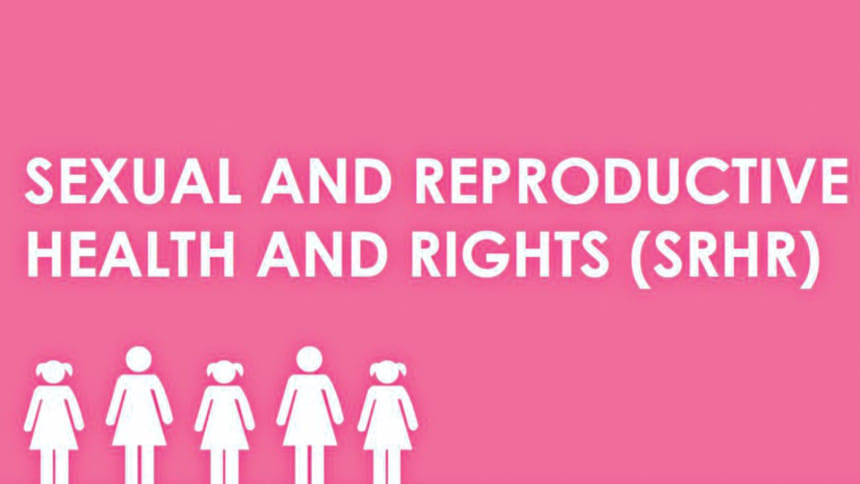A bold, new agenda for sexual & reproductive health & rights

The Guttmacher-Lancet Commission on Sexual and Reproductive Health and Rights — a collaboration of global health, development and human rights experts from around the world — called on national governments, international agencies, donors, civil society groups and other key stakeholders to commit to a new, bold agenda to achieve universal access to sexual and reproductive health and rights.
This agenda, presented in a new report published recently in The Lancet, puts forth an evidence-based, forward-looking vision that is affordable, attainable and essential to the achievement of health, equitable development and human rights for all. It encompasses the right of all individuals to make decisions about their bodies and lives — free of stigma, discrimination and coercion — and to have access to essential sexual and reproductive health interventions.
"Gaps in sexual and reproductive health and rights worldwide take an enormous toll on individuals, communities and economies. We must not continue to tolerate this problem," said Dr Alex Ezeh, Commission Co-Chair and former Executive Director of the African Population and Health Research Centre.
The Commission's report details the magnitude of sexual and reproductive health needs. Each year in developing regions:
- more than 200 million women want to avoid pregnancy but are not using modern contraception
- more than 45 million women receive inadequate antenatal care, or none at all
- more than 30 million women deliver their babies outside of a health facility
Worldwide, each year:
- 25 million unsafe abortions take place
- as many as 180 million couples may be affected by infertility
- nearly two million people become infected with HIV
- approximately 266,000 women die from cervical cancer
And at some point in their lives, about 1 in 3 women worldwide experience gender-based violence, most often from an intimate partner.
"For too long the world has accepted these stark realities as inevitable. Our report shows how they can be overcome, laying out a roadmap that countries can use to put essential services and interventions in place," said Ann M Starrs, Commission Co-Chair and President and CEO of the Guttmacher Institute.
The Commission reports that meeting the need for modern contraception, safe abortion, and maternal and newborn health care in developing regions would cost just US$9 per person per year.
This is an affordable investment, especially considering that half of this amount is already being spent to cover the cost of current levels of care, and it will yield enormous returns. Access to sexual and reproductive health services saves lives, improves health and well-being, promotes gender equality, and increases productivity and household income.
The Commission stresses that improving health depends not only on implementing effective programs, but also on advancing rights — including those frequently neglected in global discussions, such as the right to freely choose one's sexual partners and the right to safe and legal abortion care. Commissioners call on countries to tackle restrictive social norms, laws and policies, and to hold governments accountable to their commitments.
The Commission also underscores the importance of gathering more evidence on the sexual and reproductive health needs of distinct populations that are often marginalised and vulnerable, including adolescents, people with diverse sexual orientations and gender identities, displaced people and refugees, and people living with disabilities.

 For all latest news, follow The Daily Star's Google News channel.
For all latest news, follow The Daily Star's Google News channel. 



Comments